A poet of resilience and cultural riches
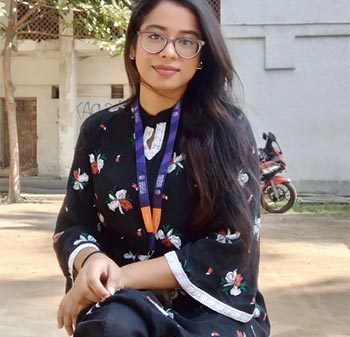
Shawdesh dEsk: In the vast tapestry of world literature, there are those literary luminaries who, despite being lesser-known on the global stage, shine brilliantly in their own right. One such luminary is the Bangladeshi poet Farrukh Ahmed, whose evocative verses and profound insights into the human condition have woven a tapestry of emotions and experiences that resonate deeply with readers.
Farrukh Ahmad, born in the quaint village of Majhail in Magura, Bangladesh, on June 10, 1918, was more than just a celebrated poet. His life and work resonate with profound cultural significance and a commitment to the revival of the spirit of colonized Muslims in Bengal. Farrukh Ahmad’s literary journey was a testament to the power of words to inspire and uplift a community, and his legacy continues to be cherished.
His early years were marked by a strong connection to his Islamic heritage, being affectionately nicknamed “Ramzan” due to his birth during the holy month of Ramadan. His family claimed descent from Ali, the fourth Caliph of Islam, which provided a rich historical backdrop for his life. He was the second son of police inspector Khan Sahib Syed Hatem Ali and Begum Rawshan Akhtar. In November 1942, he married his first cousin, Saieda Taieba Khatun (Lily), and marked the occasion with a heartfelt poem, “Upohar,” which was published in Saogat later that year.
The fruits of his marriage were eleven children, a testament to his commitment to family and tradition. This devotion to family life mirrored his larger commitment to the cultural and spiritual awakening of his people. His role as a bearer of Islamic thought in modern Bengal made him an influential figure in the region, especially during a period of great change and upheaval.

Farrukh Ahmad’s poetry was marked by a transition from romanticism to modernism, with his magnum opus, “Sat Sagorer Majhi,” standing as a beacon of his literary prowess. His words carried the spirit of the Muslim renaissance, offering hope and inspiration to a colonized people. Beyond his thematic significance, his diction and literary style were equally noteworthy.
Education played a pivotal role in his life, and he graduated from Khulna Zilla School in 1937 before pursuing a BA in philosophy and English literature at Scottish Church College. His studies were interrupted, but he continued his education at City College. His professional journey started at the Inspector General (IG) Prison Office in 1943, and he briefly worked for Civil Supply in 1944.
His political affiliations evolved over time, reflecting the dynamic social and political landscape. Initially drawn to the radical humanism of Manabendra Nath Roy, he later supported the Pakistan Movement, advocating for an independent Muslim state. His support for the Bengali Language Movement in 1952 and the Bangladesh Liberation War of 1971 demonstrated his unwavering commitment to the cultural and political welfare of his people.
Additionally, his poetic works were a reflection of the rich linguistic heritage of Bengal, incorporating Arabic and Persian words. Ahmad’s literary talents extended to satirical poems and sonnets, showcasing his versatility as a writer.
His legacy endures through his literary works, which include “Sat Sagorer Majhi (December, 1944)”, “Azad Koro Pakistan (Kabbo- Pustika,1946)”, “Sirajam Munira (September, 1252),” “Naufel O Hatem (June, 1961- Kabbonatto),” “Muhurter Kabita( September, 1963),” and many more. He also made significant contributions to children’s literature with works like “Pakhir Basa(1965),” “Horofer Chhora(1970),” and “Chiriyakhana(1980)”, “Phooler Jalsa(1985)”, “Notun Lekha,(1969)” and many more.
Farrukh Ahmad’s poetry is a testament to the transformative power of words. It reflects his deep empathy for the human condition and the turbulent times he lived through. His juvenile poetry “Pakhir Basa” is a profound and thought-provoking poem that celebrates the beauty of nature and life through the lens of birds and their abode. It conveys the idea of freedom, love, and interconnectedness with the natural world.
“Akasher modhye jokhon urte jaye je pakhi,
Shobdoshunyo shorgo te pouchhe ase she je pakhi,
Ebar phire sthaner proti tar mon akorshon pey”
Additionally, a popular Bengali children’s poem is “Jhumko Joba” is a delightful and playful portrayal of a young girl named Jhumko and her anklets called Joba. The poem captures the innocence, joy, and charm of childhood. It describes Jhumko’s presence and the sounds of her anklets as she moves and plays. The poem paints a vivid picture of her in a rural setting, suggesting a sense of harmony with nature and a carefree spirit.
“Jhumko Joba boner dul; Uthlo phute boner phool,
Shobuj pata ghomta khole; Jhumko Joba hawar dole”
His outstanding contributions to Bengali literature were recognized with numerous awards, including the Bangla Academy Literary Award, President’s Award for Pride of Performance, Adamjee Literary Award, UNESCO Prize, and posthumous honors like the Ekushey Padak and Independence Day Award, also known as the Swadhinata Padak.
Farrukh Ahmad’s passing on October 19, 1974, left a void in the literary world, but his words and the impact of his work continue to resonate with readers, serving as a timeless source of inspiration for generations to come. Through his verses, he has not only painted vivid images of life, nature, and human emotions but has also stirred the depths of our souls, prompting us to reflect on the intricacies of existence. We owe him a debt of gratitude for his poetic offerings, which have the ability to transport us to the realms of imagination and contemplation. As, his works are a testament to the enduring power of poetry and its ability to connect us to the essence of life. We are profoundly thankful for the gift of Farrukh Ahmad’s poetry, which continues to inspire and captivate generations of readers.



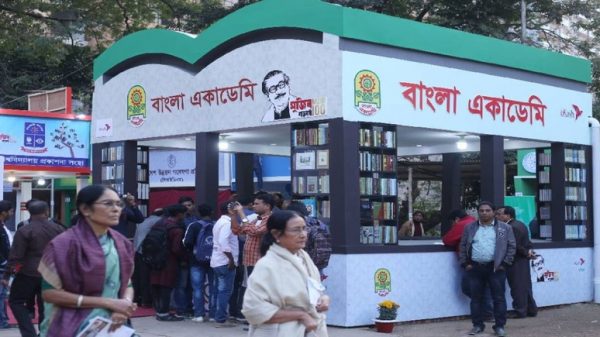
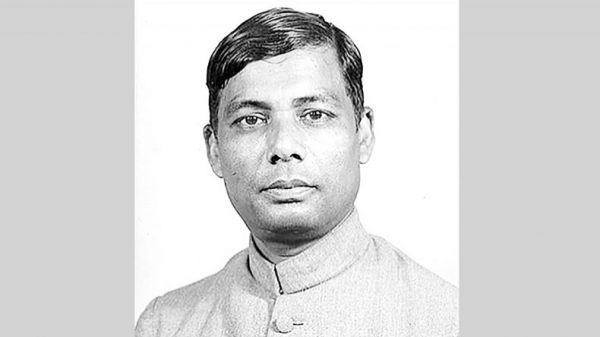
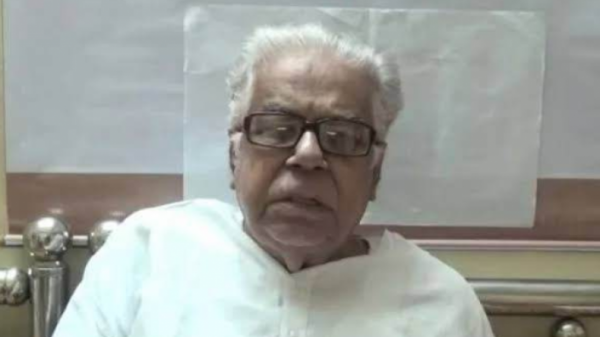
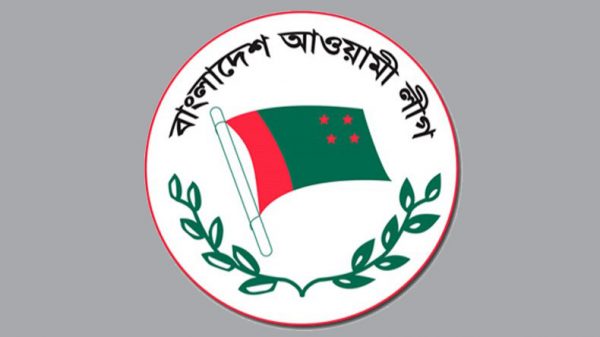


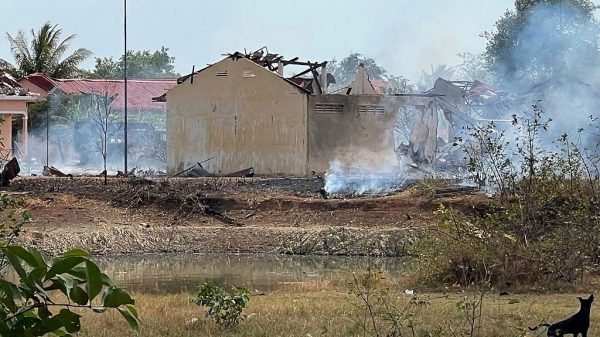

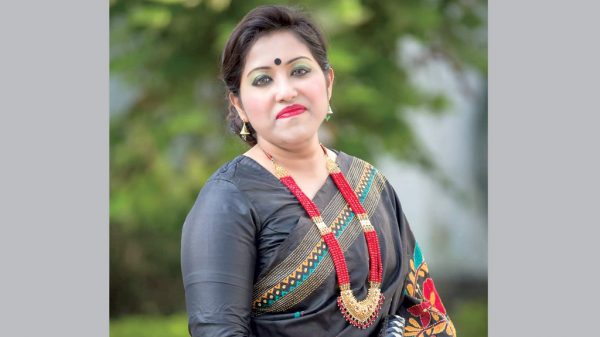


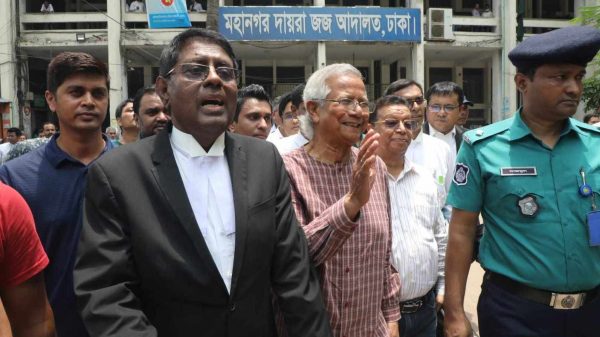














Leave a Reply